The Wife
Posted on August 23, 2018 at 3:24 pm
B +| Lowest Recommended Age: | Mature High Schooler |
| MPAA Rating: | Rated R for language and some sexual content |
| Profanity: | Very strong language |
| Alcohol/ Drugs: | Drinking and drunkenness |
| Violence/ Scariness: | Tense emotional confrontations, medical issues, sad death |
| Diversity Issues: | Gender issues |
| Date Released to Theaters: | August 24, 2018 |
| Date Released to DVD: | January 28, 2019 |
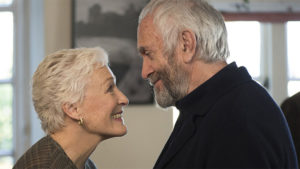
The title The Wife is telling. The lead character is not even identified by name, just by her role as helpmeet and support system for her husband, a lauded literary figure who has just been awarded the Nobel Prize. Her name is Joan and his name is Joe, suggesting that the boundaries between them are blurred. It is that blurring this movie explores, with a performance of mingled rage, guilt, passion, and integrity by the magnificent Glenn Close.
When the call comes in from the Nobel committee, Joe (Jonathan Pryce) will not hear the news until his wife, Joan (Close) is on the line to hear it, too. They celebrate by jumping on the bed together. “I did it!” he crows! There is a reception in his honor, and then they are off to Stockholm for the ceremony.
On the plane, a reporter named Nathanial Bone (Christian Slater) approaches them with some questions. Joe dismisses him abruptly but Joan is more conciliatory. Is she genuinely sympathetic? Does she think that a touch of courtesy will result in a a more favorable article? Or has she just been mediating Joe’s interactions with everyone for so long she barely even notices it anymore?
There are flashbacks, with the young Joan played by Close’s daughter, the very appealing Annie Starke, and the young Joe played by Harry Lloyd. She was a talented college student and he was a handsome and charismatic young professor. And it’s the 50’s. It seems natural for her to subordinate her own ambitions to his. In Stockholm, though, she becomes increasingly unwilling to continue to hide her contributions to the work that has made him respected and famous.
Joe and Joan are accompanied on the trip by their son, David (Max Irons), an aspiring writer who is bitter and deeply hurt when his father fails to support his work. But we will see that Joan failed him as well. And in the movie’s most powerful moment, Joan shares a drink with Nathanial, who tells her that he has collected evidence from her college days suggesting that at least some of Joe’s published writing was really Joan’s.
Joan also has to ask herself what she got from the relationship, including her contributions to Joe’s work. Flashbacks reveal reasons that she might have preferred to be the silent partner. As the blending of their names suggests, they may be two sides of one whole, one writing for the approval of the world, one relishing the purity of writing without the burden of being a public figure. Close shows us the steely control of a woman who has not been honest with the world but also has not been honest with herself. Did she ignore her young son to help her husband, or to satisfy her need to write?
The film explores these themes less than it should, but the dynamic between both the older and younger versions of Joe and Joan make it a compelling drama, with a stunning performance by Close as a woman who told other stories for decades and may now need to tell her own..
Parents should know that this movie includes strong language, a medical crisis, a sad death, and sexual references and situation.
Family discussion: Why did Joe and Joan perpetuate the lie? Why was it so difficult to give David what he needed? What will happen next?
If you like this, try: some of Close’s other films including “Fatal Attraction,” “In the Gloaming,” and the television series “Damages” and also “What Every Woman Knows,” by the author of “Peter Pan”

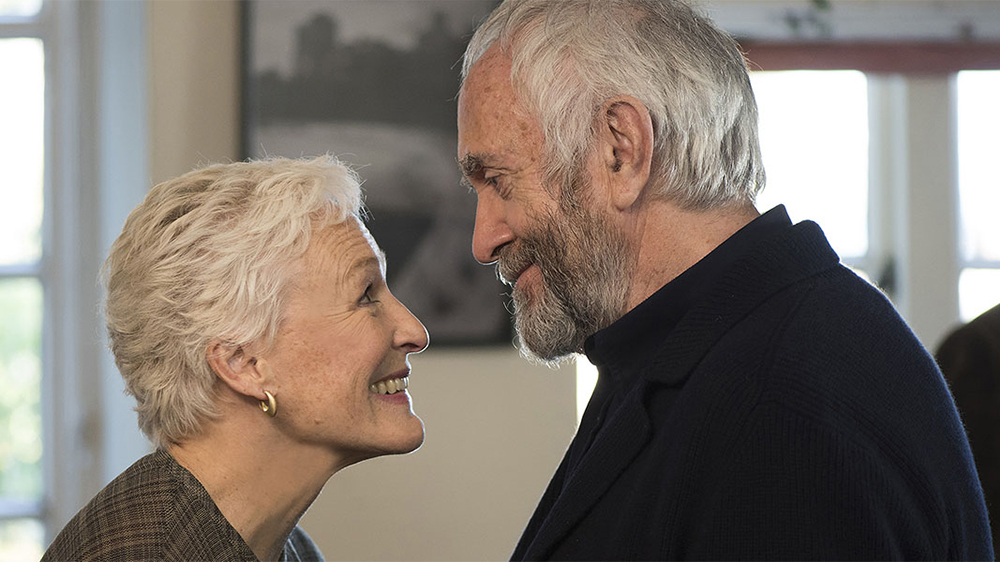

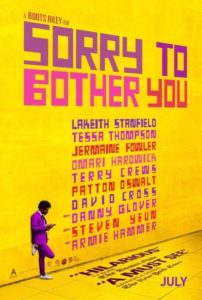
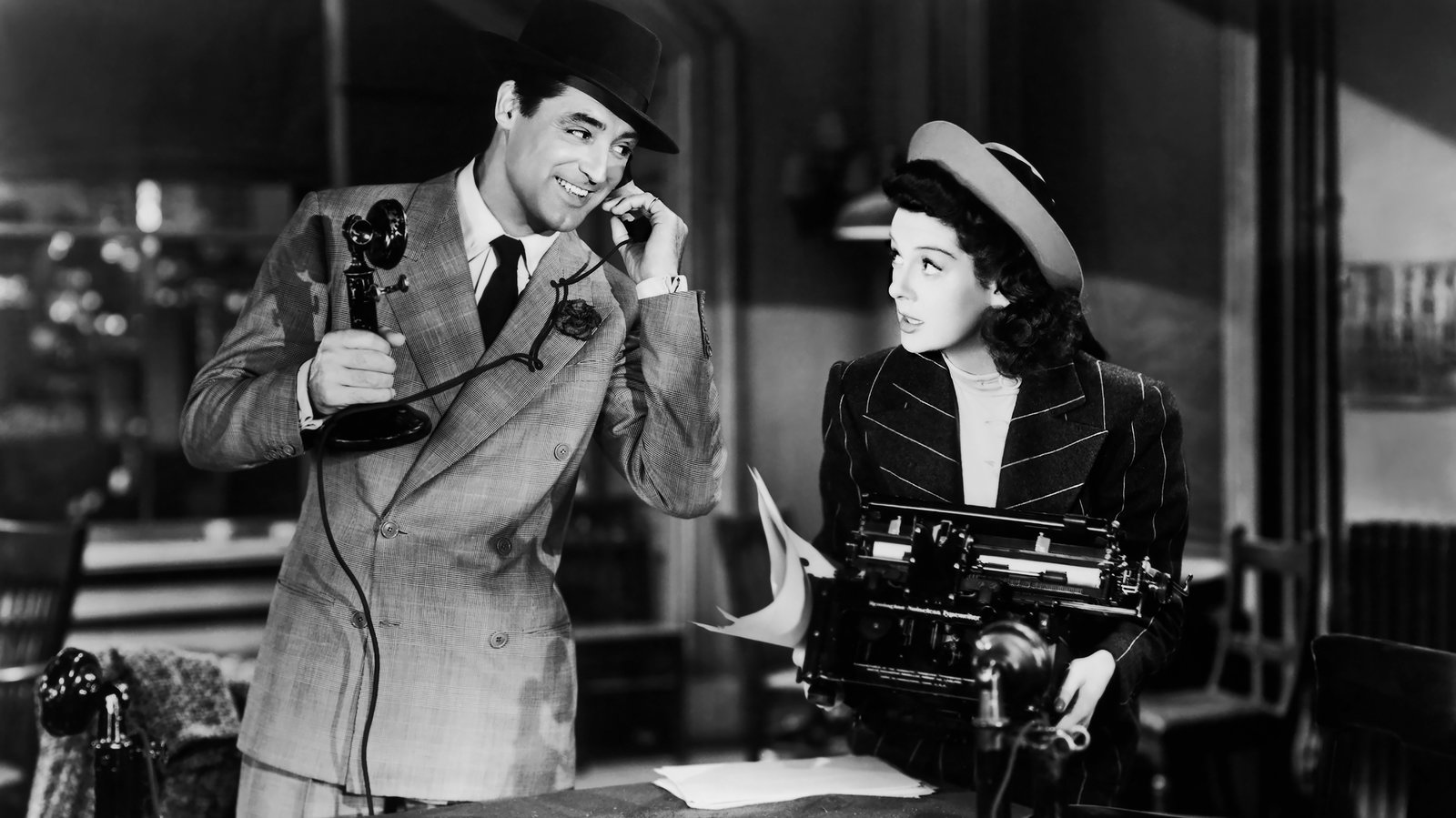
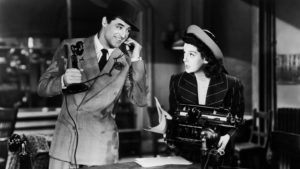

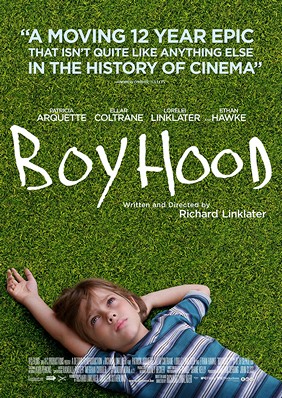
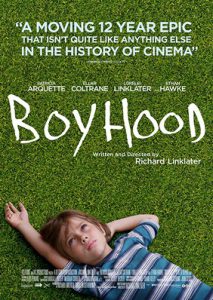 The Washington Post’s
The Washington Post’s